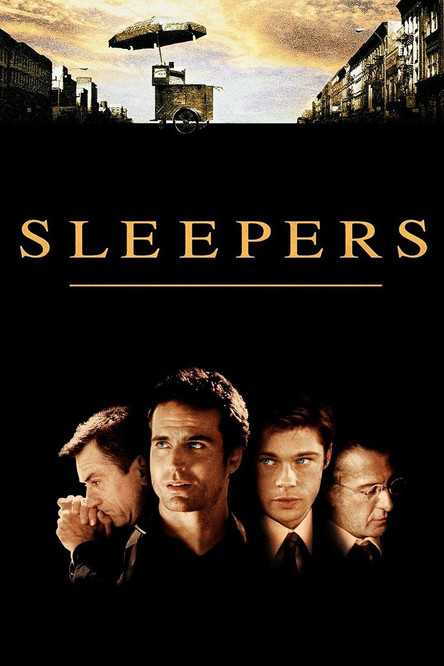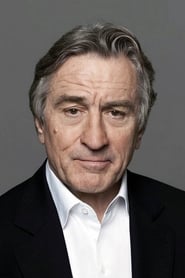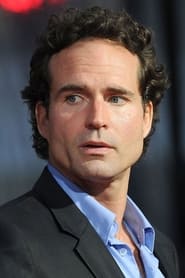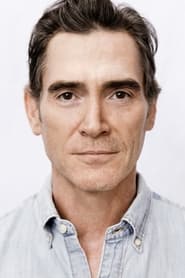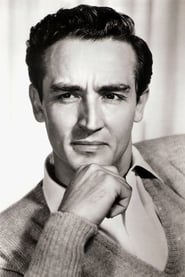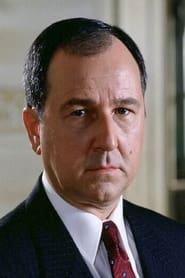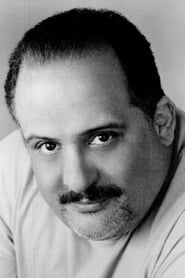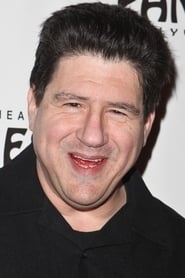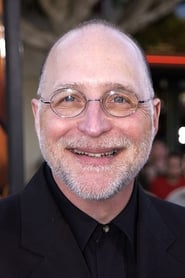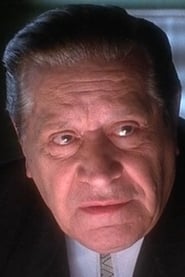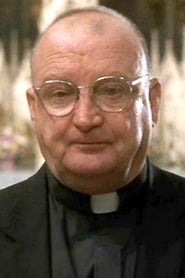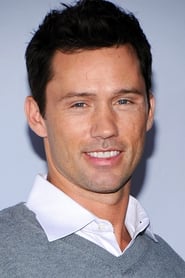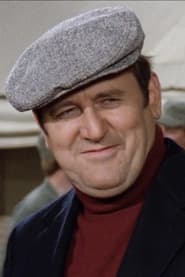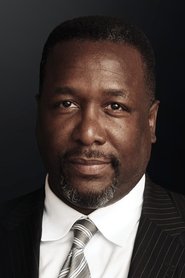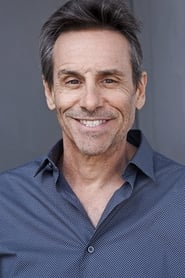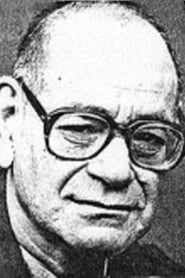Ask Your Own Question
What is the plot?
In the sweltering summer of 1966, the streets of Hell's Kitchen, Manhattan, pulse with the restless energy of youth and hardship. Four boys--Lorenzo "Shakes" Carcaterra, Michael Sullivan, John Reilly, and Tommy Marcano--are inseparable, bound by friendship and the tough neighborhood that shapes them. Their days are filled with petty mischief: stealing fruit from street vendors, running errands for the local gangster King Benny, and playing under the watchful eye of Father Bobby Carillo, the parish priest who tries to steer them toward morality amid the chaos. Shakes, the reflective narrator, recalls their innocence and the protective, if rough, environment that nurtures their bond.
One summer day in 1967, the boys' playful defiance escalates when they steal a hot-dog cart, a prank that spirals disastrously out of control. The cart careens down a subway stairwell, severely injuring a man. The consequences are swift and severe: the boys are sentenced to juvenile detention at the Wilkinson Home for Boys, a grim institution in Upstate New York. Shakes receives six to twelve months, while Michael, John, and Tommy are sentenced to twelve to eighteen months. The boys' carefree childhood shatters as they arrive at Wilkinson, a place where innocence is crushed under the weight of brutality and corruption.
At Wilkinson, the boys encounter the harsh reality of institutional abuse. The head guards--Sean Nokes, Henry Addison, Ralph Ferguson, and Adam Styler--are monsters cloaked in authority. They subject the boys to relentless physical and sexual torture, shattering their spirits. The boys' only solace is their friendship and the faint hope of survival. When Wilkinson's annual football game pits the guards against the inmates, Michael persuades an inmate named Rizzo Robinson to help them win. Their victory humiliates the guards, who retaliate with savage cruelty. The boys are thrown into solitary confinement, where they endure systematic beatings. Rizzo, the brave inmate who aided them, does not survive; his family is told he died of pneumonia, a lie that deepens the boys' sense of injustice.
As spring 1968 approaches and Shakes's release nears, he urges the others to speak out about the abuse. But Michael, hardened by trauma, insists that no one would believe them or care. They vow silence, a pact forged in pain. The night before Shakes's release, the guards orchestrate a final, horrific "farewell party," brutally raping all four boys once more, leaving scars that will never heal.
Years pass, and the boys grow into men marked by their past. By 1981, their lives have diverged but remain haunted by shared trauma. Shakes has become a journalist, Michael an assistant district attorney, while John and Tommy have fallen into lives of crime. The fragile peace shatters when John and Tommy, now hardened gangsters, encounter Sean Nokes in a Hell's Kitchen restaurant. Without hesitation, they shoot him dead in cold blood, an act of brutal retribution for the horrors he inflicted.
The murder sets off a chain of events that brings the past crashing into the present. John and Tommy are arrested and put on trial for Nokes's murder. Michael, now a prosecutor, devises a complex plan to ensure their acquittal. He manipulates the legal system, turning it inside out to serve their cause. King Benny arranges for a disreputable, alcoholic lawyer named Snyder to defend the accused, knowing he will follow the script laid out for him. The plan hinges on Father Bobby, who, under pressure and loyalty to the boys, provides a false alibi, testifying that John and Tommy were elsewhere at the time of the murder.
The courtroom becomes a battleground not just for legal justice but for the reckoning of buried truths. Michael's strategy unfolds with precision, exposing the corruption of Adam Styler, now a corrupt policeman involved in extortion and murder, leading to Styler's arrest. The trial reveals the depth of the boys' trauma and the failures of the system that was meant to protect them. The jury, swayed by the orchestrated defense and Father Bobby's testimony, finds John and Tommy not guilty, delivering a verdict that is justice outside the law.
Yet the victory is hollow. John Reilly succumbs to alcoholism and dies from a drug overdose within a few years of the trial. Tommy Marcano's life ends violently during a botched robbery, a casualty of the criminal path he could not escape. Michael, disillusioned by the legal system and its compromises, abandons his career and retreats to the English countryside, seeking peace in anonymity. Shakes continues his work as a journalist, carrying the heavy memory of their shared past and the silence they maintained.
Carol Martinez, John's lover, provides emotional refuge during the trial and later marries, naming her daughter after the boys--a poignant symbol of enduring friendship and the scars of their youth. Father Bobby remains in the church, a figure of moral ambiguity who chose compassion and loyalty over strict justice, embodying the complex choices forced upon those caught in the crossfire of innocence and evil.
The film closes with Shakes's voiceover, a somber reflection on the failure of the system to protect them as children and their adult decision to forge their own justice. The final scenes are a bittersweet montage of lives forever marked by trauma, loss, and the unbreakable bonds of friendship. There are no illusions of a happy ending--only the harsh reality of survival and the haunting legacy of what was endured and avenged. The story ends firmly, with no post-credits scenes, leaving the viewer to grapple with the weight of memory, silence, and the price of revenge.
What is the ending?
In the ending of "Sleepers," the main characters, now adults, confront the trauma of their past and seek justice for the abuse they suffered as children. The film culminates in a tense courtroom scene where the truth about the abuse is revealed. The characters grapple with their choices and the consequences of their actions, leading to a resolution that reflects on themes of vengeance, justice, and the impact of childhood trauma.
As the film approaches its conclusion, we find ourselves in a tense courtroom setting. The trial of the corrupt guard, Nokes, is underway. The atmosphere is thick with anticipation and dread, as the four friends--now men--are forced to confront their past.
The scene opens with the courtroom filled with spectators, including the families of the victims and the accused. The camera pans across the faces of the jurors, capturing their expressions of concern and curiosity. The tension is palpable as the defense attorney, representing Nokes, attempts to discredit the testimonies of the four men--Michael, Tommy, John, and Lorenzo.
Michael, portrayed as the most composed of the group, takes the stand. He recounts the harrowing experiences they endured at the hands of Nokes and the other guards in the juvenile facility. His voice trembles with emotion, revealing the deep scars left by their childhood trauma. The audience can feel the weight of his words, as he describes the loss of innocence and the betrayal of trust.
Next, Tommy, who has struggled with his anger and violent tendencies, is called to testify. His demeanor is more volatile, reflecting the internal conflict he has faced since their time in the institution. As he speaks, flashes of his past--moments of fear and pain--play across his face. The courtroom listens intently, and the emotional gravity of his testimony resonates deeply with those present.
As the trial progresses, the defense attorney tries to paint the boys as unreliable witnesses, suggesting that their memories are tainted by time and trauma. However, the prosecutor counters with a powerful argument, emphasizing the systemic abuse that occurred and the need for accountability. The tension escalates as the jury deliberates, and the audience is left on edge, wondering if justice will be served.
In a pivotal moment, the jury returns with their verdict. The courtroom holds its breath as the foreman announces that Nokes is found guilty of the charges against him. A wave of relief washes over Michael and his friends, but it is mixed with the realization that no verdict can truly erase the pain of their past.
The film then shifts to a quieter scene, where the four friends gather together, reflecting on their journey. They share a moment of camaraderie, acknowledging the bond forged through their shared trauma. Each character's fate is revealed: Michael continues to work as a writer, using his experiences to help others; Tommy, despite his struggles, finds a sense of purpose; John, who has faced his own demons, seeks redemption; and Lorenzo, who has remained steadfast, finds solace in his faith.
As the credits roll, the film leaves the audience with a lingering sense of the complexities of justice and the enduring impact of childhood trauma. The characters have faced their past, but the scars remain, reminding viewers of the long-lasting effects of their experiences.
Is there a post-credit scene?
The movie "Sleepers," produced in 1996, does not have a post-credit scene. The film concludes with a powerful and emotional ending that wraps up the story of the main characters, focusing on themes of justice, revenge, and the lasting impact of trauma. After the final scenes, the credits roll without any additional content or scenes following them. The film leaves viewers with a sense of closure regarding the characters' journeys and the consequences of their actions.
What traumatic event do the main characters experience in the juvenile detention center?
The main characters, four boys named Lorenzo, Michael, John, and Tommy, are sent to a juvenile detention center after a prank goes wrong. While there, they endure horrific abuse at the hands of the guards, particularly a sadistic guard named 'The King,' who sexually assaults them and inflicts physical violence.
How do the boys' lives change after their time in the juvenile detention center?
After their traumatic experiences in the juvenile detention center, the boys grow up to lead very different lives. Lorenzo becomes a writer, Michael becomes a successful lawyer, John struggles with his past and becomes involved in crime, while Tommy is deeply affected by the trauma and ends up in prison.
What motivates Michael to seek revenge against the guards later in life?
Michael is driven by a deep sense of justice and the need to confront the trauma of his past. As a lawyer, he feels a moral obligation to hold the guards accountable for their actions, which leads him to orchestrate a plan to take revenge on 'The King' and the other guards who abused them.
How does the relationship between the boys evolve throughout the film?
The bond between the boys is initially forged through their shared trauma in the juvenile detention center. As they grow older, their paths diverge, but they remain connected by their past. Their friendship is tested by the weight of their experiences, but ultimately, they come together to support each other in their quest for justice.
What role does the character of Father Bobby play in the boys' lives?
Father Bobby, played by Robert De Niro, serves as a moral compass and a source of support for the boys. He is a priest who becomes aware of their suffering and tries to help them cope with their trauma. His character represents hope and redemption, as he later assists Michael in the legal battle against the guards.
Is this family friendly?
"Sleepers," produced in 1996, is not considered family-friendly due to its mature themes and graphic content. Here are some potentially objectionable or upsetting aspects that may affect children or sensitive viewers:
-
Violence: The film contains several intense scenes of violence, including physical assaults and confrontations that can be quite graphic and disturbing.
-
Sexual Abuse: A significant portion of the plot revolves around the sexual abuse of minors, which is depicted in a way that is both unsettling and emotionally charged.
-
Mature Themes: The film explores heavy themes such as revenge, justice, and the long-term effects of trauma, which may be difficult for younger audiences to comprehend.
-
Language: There is frequent use of strong language throughout the film, which may not be suitable for children.
-
Emotional Distress: The characters experience profound emotional pain and trauma, which can be distressing to watch and may resonate deeply with sensitive viewers.
Overall, "Sleepers" deals with complex and dark subject matter that is intended for a mature audience.

